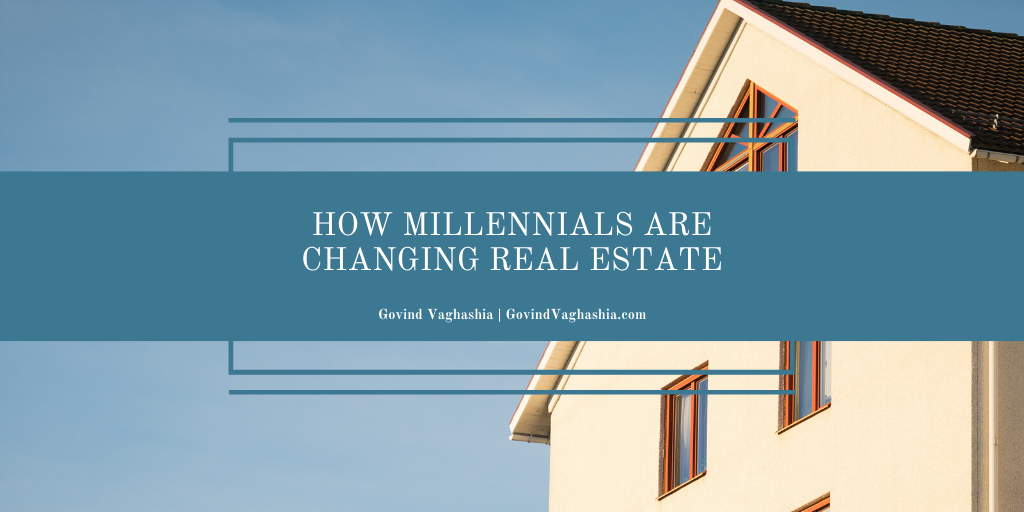Living costs are on the rise, and many millennials have been taking new measures to navigate through tough economic times. With the cost of education on the rise, trailing effects from the 2008 housing crash, and rising costs in housing, millennials are choosing methods that are alternative to homeownership. A few of these methods include returning home to live with their parents or living with multiple friends and splitting the cost of rent. The changes millennials are making are slowly changing the housing market for the better.
Delaying Home Ownership
With the rising costs of rent and education, many millennials are finding it hard to keep up with their expenses. Therefore, it is tougher for millennials to find the funds to save to purchase homes. As a result, millennials are delaying their home purchases until their late-twenties and early-thirties.
Splitting Rent
Millennials who haven’t returned home to live with family are living with roommates to pay for rent. These roommates usually consist of friends or spouses but also sometimes include strangers who can afford the rent. Additionally, many communal living residencies are beginning to emerge in large cities.
Ignoring Starter Homes
Starter homes are low-cost homes that are developed for people who are building their finances. While stater homes used to be popular among people who could afford to save and pay the mortgages of their homes, millennials are now saving for larger and more expensive houses. Millennials are using their temporary housing situations to save up more money to make larger down payments on bigger homes.
Moving to the Suburbs
Millennials are choosing to live in places less expensive than urban areas but close enough to allow them to visit those areas regularly. These millennials typically are choosing suburban areas where the cost of living is much cheaper than in a city. In many cases, millennials are choosing to live even farther out than the suburbs to save more money. While the distance may result in longer commute times, many millennials prefer the commute to the expenses that they would need to pay to live closer.

